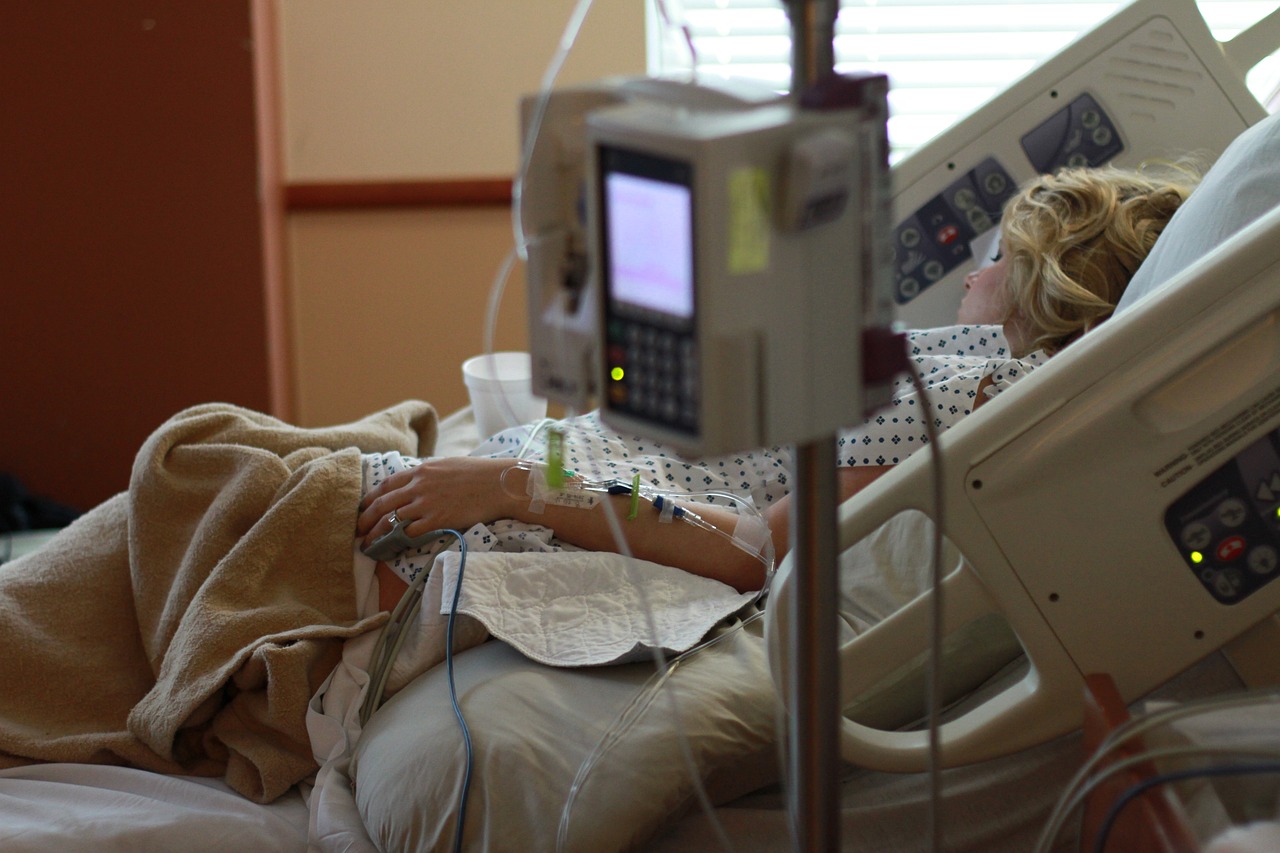According to research, death numbers due to hospital negligence every year rarely improve. It suggests that the system used in hospitals is an issue. Doctors and other medical staff are human beings prone to making errors.
When you’re injured or just not feeling well, the best thing is to seek medical care. Getting a sick or injured relative to the hospital doesn’t guarantee they’ll come back better or come back at all.
Many people have died in hospital, not because of their condition, but due to hospital negligence.
Numerous studies have revealed high annual death rates. These sometimes occur due to errors made by doctors and other medical staff, and we can only hope there are robust solutions to these problems.
Annual Hospital Negligence Deaths
Death due to healthcare providers’ malpractice is the third leading cause of death in the United States. You may need to find a wrongful death attorney after sending an ill or injured loved one to the hospital. Death is due to a third party’s negligence. These attorneys assist in pursuing a case of someone whose death is due to a third party’s negligence.
The latest studies show that medical errors cause between 250,000 and 440,000 deaths every year in the USA.
These errors often occur when hospital staff fail to follow all the necessary medical steps when caring for patients. Thus, a patient gets injured or dies because of how things are done by the hospital rather than because of the illness or injury they initially sought medical care for.
Do These Errors Only Occur in Hospitals?
Medical malpractice doesn’t only occur in a hospital setting. It can happen in an ambulance on your way to the hospital or via the medication you’re given at the pharmacy.
Medication Errors
Less than half of Medication-related errors can lead to death or serious injuries. Medication-related errors seldom happen compared to other cases of medical negligence that lead to death. Some of the highest numbers occurred in 1983 and 1993.

In 1983, around 2,876 people died due to taking excessive amounts of medication (overdose). This number rose to 7,391 in 1993. These patients were confirmed to be medication errors because patients and medical staff acknowledged mistakes.
Other Causes of Deaths Due to Negligence
According to research, death numbers due to hospital negligence every year rarely improve. It suggests that the system used in hospitals is an issue. Doctors and other medical staff are human beings prone to making errors.
These healthcare errors can occur continuously when the system doesn’t work in the patients’ or hospital personnel’s favor. These are some factors that contribute to hospital negligence being the third-leading death causes:
- Unskilled staff
- Inefficient and unreliable equipment
- Short-staffed hospitals
- Poor communication
Let’s Hope US Hospitals Will Get Better
Since death from medical care negligence has become so significant, we have to hope the Department of Health has noted this and is working on solutions. A better system will include better-trained staff and additional care workers.
It also means better-working computers and eliminating the shortage of hospital equipment. For now, people need to take better care of themselves. After receiving a diagnosis, ask questions and have a family member by your side on one of the consultations.
These can be of great help to ensuring that you leave the hospital well-informed about your diagnosis. If you can, then also get a second opinion. It can help you confirm the diagnosis and sometimes prevent you from taking the wrong medication.
There are ways to prevent medical negligence in the healthcare department and on the patient’s side. If you experience it, it’s your right to seek help from attorneys and open a case. More lawsuits can force the Department of Health to improve the system.


Join the conversation!